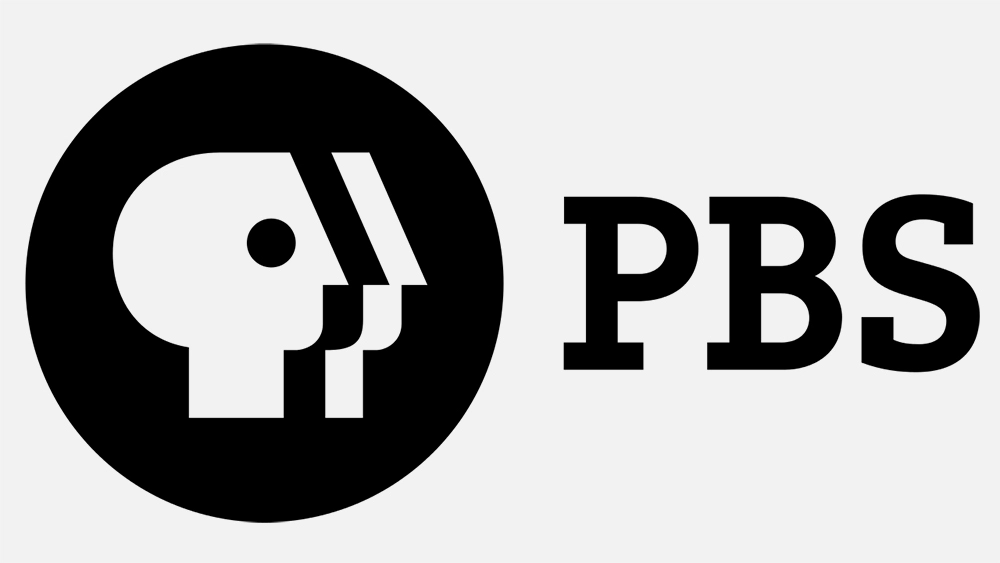
PBS said it has suspended posting to Twitter after Elon Musk’s social network pinned a “government-funded media” descriptor to its primary account. The public TV broadcaster joins NPR in ceasing Twitter activity following the Twitter changes, which the organizations say inaccurately represent them.
“PBS stopped tweeting from our account when we learned of the change and we have no plans to resume at this time,” a rep said in a statement to Variety. “We are continuing to monitor the ever-changing situation closely.”
PBS, which currently has 2.2 million Twitter followers, says that U.S. federal funding provides about 15% of the revenue for the public television system. According to the org, over the course of a year, 86% of all U.S. television households — representing more than 230 million people — watch PBS programming.
On Wednesday, NPR said it was suspending all activity on Twitter citing the social network’s “actions that undermine our credibility by falsely implying that we are not editorially independent.” Last week, Twitter had added a label to NPR’s main account that designated it as “US state-affiliated media,” a move that CEO John Lansing slammed as “unacceptable.” The social network later modified that to say NPR is “government-funded media.” According to NPR, less than 1% of its annual operating budget comes in the form of federal grants on average.
After NPR announced it was stepping away from Twitter, Musk on Wednesday posted an email inquiry from NPR reporter Bobby Allyn, who posed the question of whether the organization’s exit from the platform could lead to a spate of other news orgs to quit Twitter — to which Musk replied, “Defund @NPR.” Musk then added, “NPR literally said ‘Federal funding is essential to public radio’ on their own website (now taken down). What hypocrites!” and then commented, “Guess they won’t mind losing Federal funding in that case.”
Meanwhile, the U.K.’s BBC had objected to the “government-funded media” description on its Twitter account; Twitter has now updated that label to read “publicly funded media.”
Earlier this month, Twitter revoked the gold verification badge for the New York Times. In defending the move, Musk cited the Times’ public statement that it would not pay for verified status on Twitter, which has announced a program to charge companies and brands $1,000 per month for check-mark verification (but reportedly with exceptions for large accounts). “I must confess to some delight in removing the verification badge from the New York Times,” Musk said in a BBC interview.













